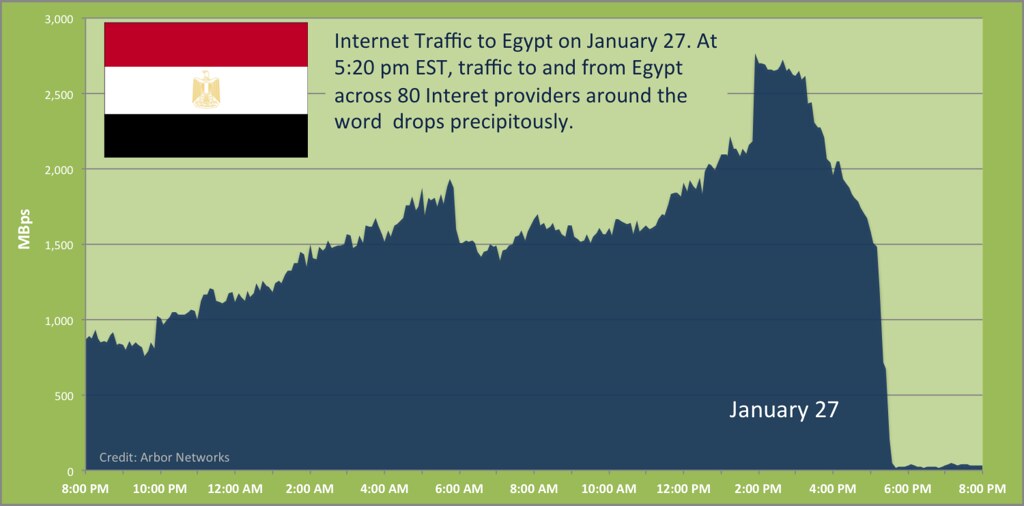
Holidays. Nice aren’t they? Many of us go away thinking that it will be the ideal opportunity to be cut-off from emails, the Web and social media for a couple of weeks – just enjoying the peace and quiet. And a phone will probably be expensive to use overseas anyway, so we don’t have to worry about that either.
This is our chance to relax, take a step back and escape information overload and constant stimulation.
But how many of us actually manage it?
We’d guess only a few. The reality is that we find that our hotel is offering free Wi-Fi and we start to check an email or two. And while we’re there, we check our social networks just in case someone’s sent us an important message on Facebook.
We now live in a world where 24/7 connection is expected. It’s a luxury we often refuse to live without and it’s a service we take for granted because it’s there.
But what if it’s a luxury you can’t afford or a service that’s taken away from you? What would you do then?
Cutting the cord
The recent unrest in Egypt has captivated the world’s attention. No more so than when the Egyptian authorities effectively cut the country’s connection to the Internet. Coupled with the shutting down of mobile phone networks, it seemed that millions of people in a country with a sophisticated communications culture suddenly stopped. Connection ceased.
The graph below, courtesy of Arbor Networks, demonstrates this quite dramatically.
Now, there were obviously some inventive Egyptians who didn’t let this stop them and managed to connect themselves in other ways to communicate with each other. But what it clearly shows is that the Egyptian government believed that the Internet posed a real threat to their ability to control the population.
Is the ability to get instant access to information which can change the shape of your life is becoming as much of a human right as access to clean water?
Freedom for all…
In fact, our native Finland was the first country in the world to make access to broadband a legal right for every citizen in 2010. Where Finland has led the way, it seems people want other governments to follow. A survey by BBC World Service last year highlighted 4 in 5 people believing access to the Internet is a fundamental human right.
And if people are going to have free access to information, then we have to think about how that shapes the future of the Internet.
Apple founder, Steve Wozniak, recently wrote a letter to the magazine The Atlantic where he expresses his frustration and concern about the Internet.
“The Internet has become as important as anything man has ever created. But those freedoms are being chipped away. Please, I beg you, open your sense to the will of the people to keep the Internet as free as possible.”
If we are going to make the world completely connected, then should we not also have the freedom to use that connection how we want to? Or is too much freedom bad?
Tell us what you think…

